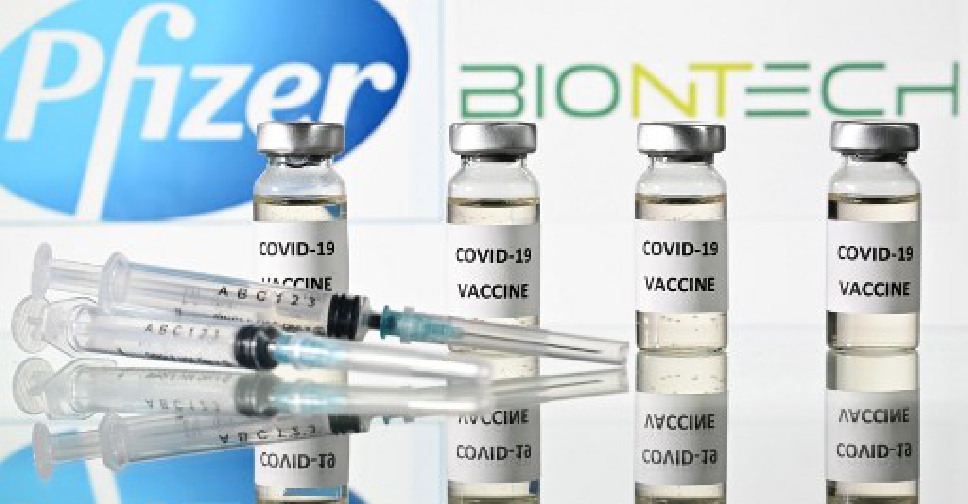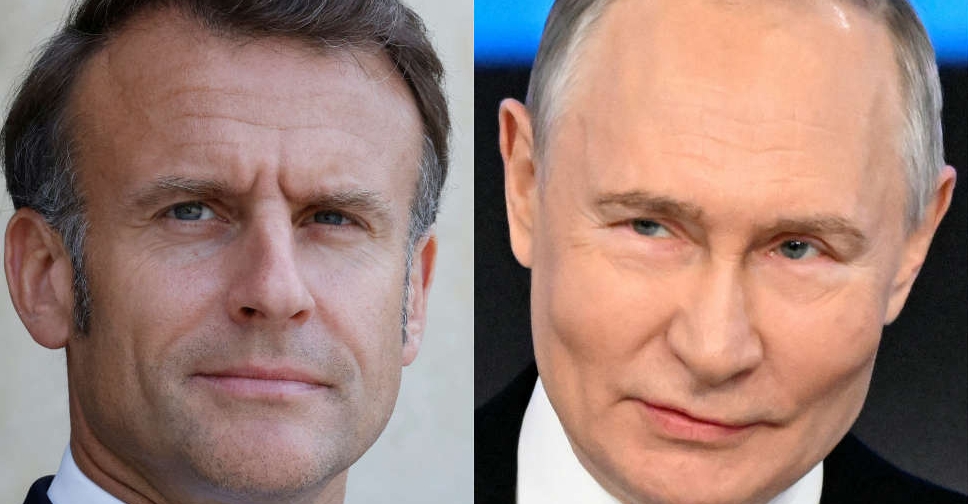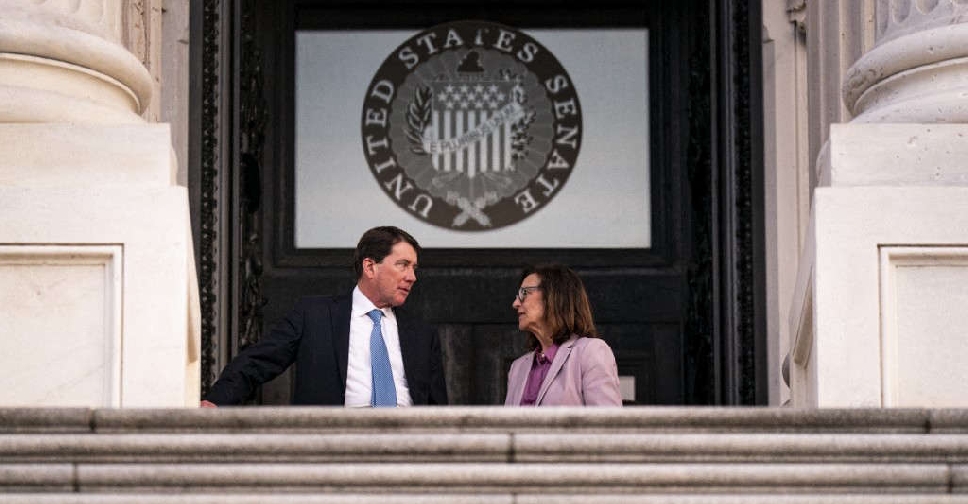
The first big real-world study of the Pfizer-BioNTech vaccine to be independently reviewed shows the shot is highly effective at preventing COVID-19, in a potentially landmark moment for countries desperate to end lockdowns and reopen economies.
Up until now, most data on the efficacy of COVID-19 vaccines has come under controlled conditions in clinical trials, leaving an element of uncertainty over how results would translate into the real world with its unpredictable variables.
The research in Israel - two months into one of the world's fastest rollouts, providing a rich source of data - showed two doses of the Pfizer shot cut symptomatic COVID-19 cases by 94 per cent across all age groups, and severe illnesses by nearly as much.
The study of about 1.2 million people also showed a single shot was 57 per cent effective in protecting against symptomatic infections after two weeks, according to the data published and peer-reviewed in the New England Journal of Medicine on Wednesday.
The results of the study for the Clalit Research Institute were close to those in clinical trials last year which found two doses were found to be 95 per cent effective.
"We were surprised because we expected that in the real-world setting, where cold chain is not maintained perfectly and the population is older and sicker, that you will not get as good results as you got in the controlled clinical trials," senior study author Ran Balicer told Reuters. "But we did and the vaccine worked as well in the real world.
"We have shown the vaccine to be as effective in very different sub-groups, in the young and in the old in those with no co-morbidities and in those with few co-morbidities," he added.
The study also suggests the vaccine, developed by US drugmaker Pfizer and Germany's BioNTech, is effective against the coronavirus variant first identified in the UK. Researchers said they could not provide a specific level of efficacy, but the variant was the dominant version of the virus in Israel at the time of the study.
The research did not shed light on how the Pfizer shot will fare against another variant, now dominant in South Africa, that has been shown to reduce the efficacy of other vaccines.
Of the nine million people in Israel, a nation with universal healthcare, nearly half have received a first dose, and a third have received both doses since the rollout began on Dec. 19.
The study examined about 600,000 vaccinated people against the same sized control group of unvaccinated people. Researchers at Harvard T.H. Chan School of Public Health, Harvard Medical School and Boston Children's Hospital also collaborated.
"This is more great news, confirming that the vaccine is around 90 per cent effective at preventing documented infection of any degree of severity from 7 days after the second dose," said Peter English, a British government consultant in communicable disease control.
"Previous recently studied papers from Israel were observational studies. This one used an experimental design known as a case-control study... giving greater confidence that differences between the groups are due to their vaccination status, and not to some other factor."
The study published on Wednesday was the first analysis of a national COVID-19 vaccination strategy to be peer-reviewed. It also offered a more detailed look at how the vaccine was faring at weekly intervals, while matching people who received the shot to unvaccinated individuals with similar medical histories, sex, age and geographical characteristics.
Other research centres in Israel, including the Weizmann Institute of Science and the Israel Institute of Technology have shared several studies in recent weeks that show the vaccine to be effective.
At least three studies out of Israel have also suggested the vaccine can reduce coronavirus transmission, but the researchers have cautioned that wider studies must be conducted in order to establish clear-cut conclusions.


 Putin, Macron discuss Iran, Ukraine in first phone call in nearly three years
Putin, Macron discuss Iran, Ukraine in first phone call in nearly three years
 Trump urges Hamas to accept 'final proposal' for 60-day Gaza ceasefire
Trump urges Hamas to accept 'final proposal' for 60-day Gaza ceasefire
 US Senate passes Trump's tax-cut, spending bill; sends to House
US Senate passes Trump's tax-cut, spending bill; sends to House
 France shuts schools as heatwave grips Europe
France shuts schools as heatwave grips Europe
 Blow for Thailand's government as court suspends PM from duty
Blow for Thailand's government as court suspends PM from duty




